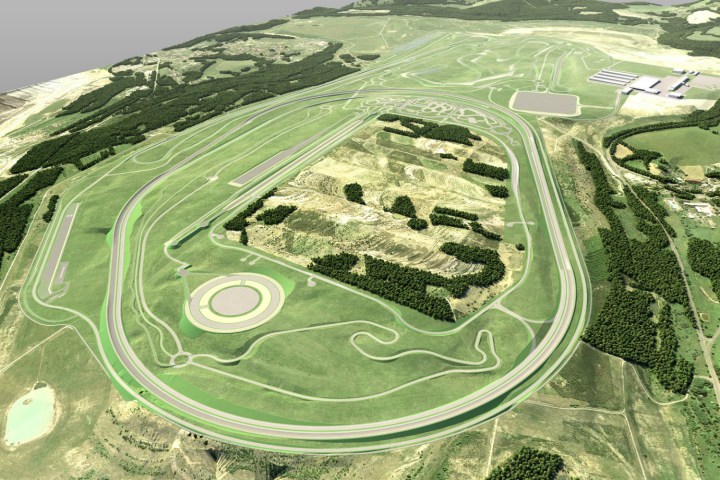
The German company is investing more than 100 million euros (or $118 million) into the new track, and is said to be creating “several hundred jobs” in the process. The 1,200-acre property will be located near the German border of the Eastern European nation, and is about two and a half hours away from BMW’s primary development site in Munich.
Noting that the current testing facilities in Aschheim, Germany “no longer have sufficient capacity to meet testing requirements,” BMW stated that the decision to move to the Czech Republic was a strategic one. “We found the ideal conditions and grounds we need for vehicle testing in Sokolov,” said Dr. Herbert Grebenc, BMW’s Senior Vice President of Real Estate Management in a statement. “Opening our first development location in Eastern Europe will create new opportunities and marks a milestone in the history of our company.”
BMW previously announced plans to debut its automated iNext in 2021, which is said to feature level-five autonomy. That means that a driver would be able to take a nap even as the car is in motion. BMW will be working closely with newly acquired Mobileye to develop the car, and will certainly be leveraging its new test track as well. “At the planned proving facility in Sokolov, we will continue to advance ground-breaking topics, such as electrification, digitalisation and automated driving – for example, through safety-testing for assistance systems,” Grebenc noted.
The track is slated to open at the beginning of the next decade.
“Today, we are on the threshold of automated driving,” Grebenc said at a news conference in Prague. “This means making massive investments in our future.”
Editors' Recommendations
- Volkswagen is launching its own self-driving car testing program in the U.S.
- Nvidia’s Drive Concierge will fill your car with screens
- How a big blue van from 1986 paved the way for self-driving cars
- Waymo’s self-driving cars can’t get enough of one dead-end street
- 2022 BMW i4 first drive review: The real deal


